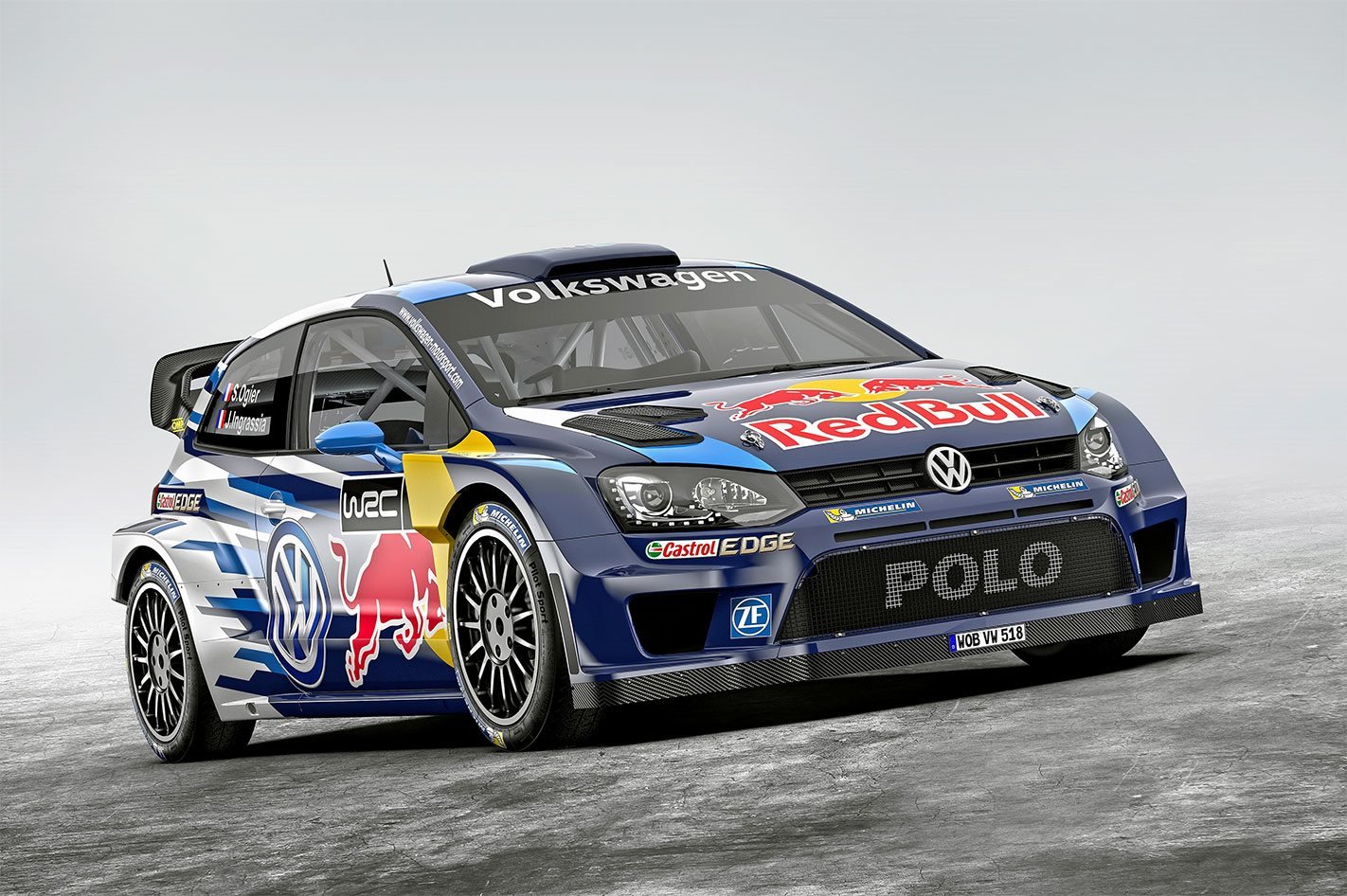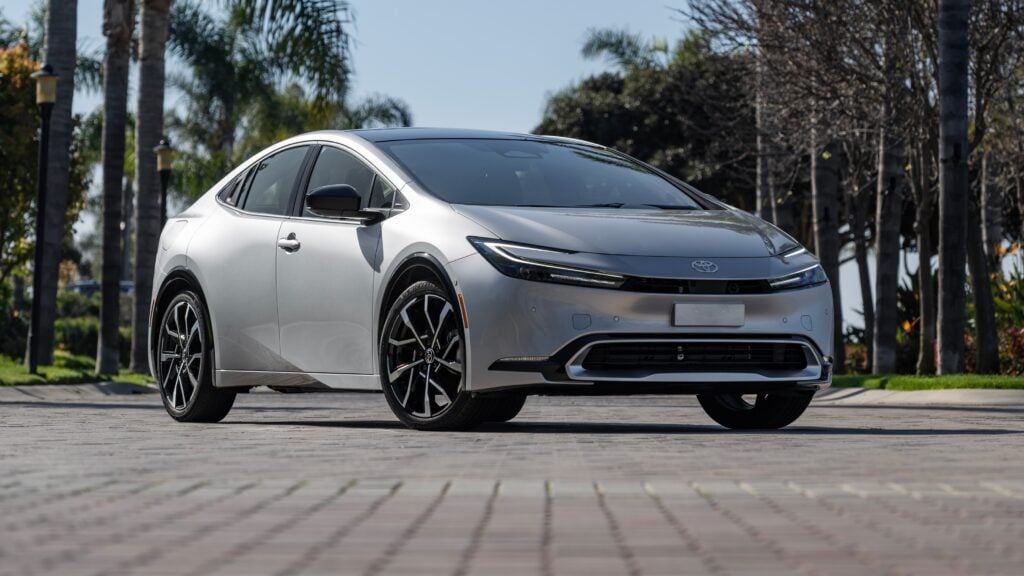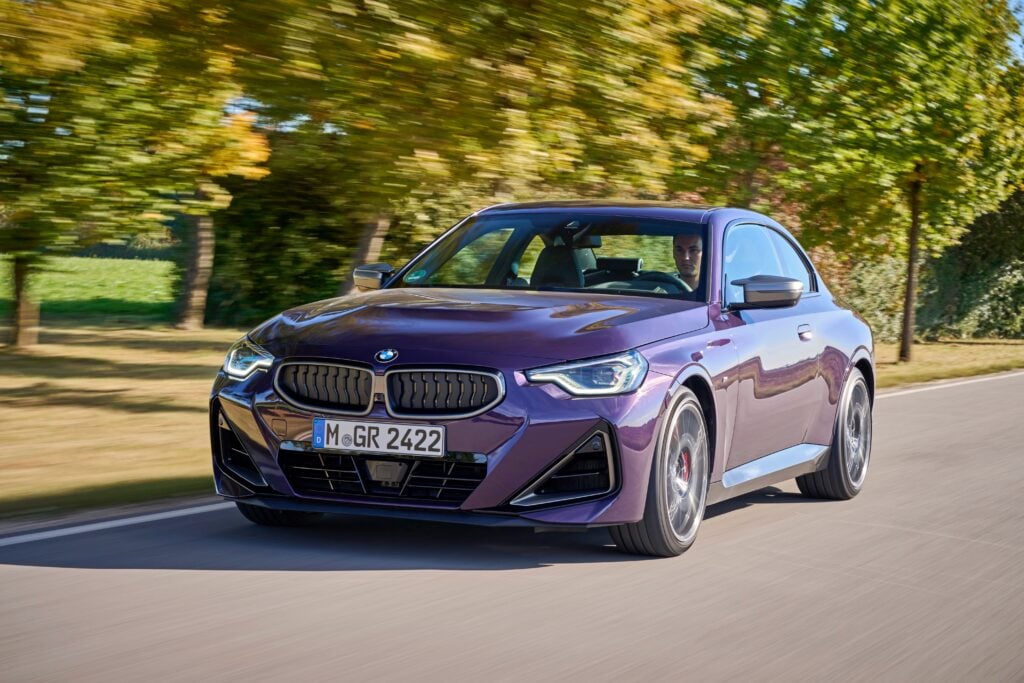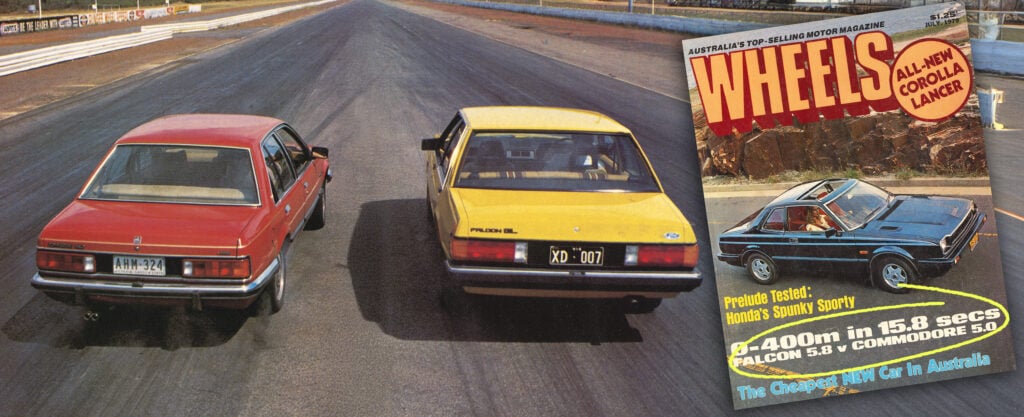Late last week the FIA released a draft set of regulations for the WRC, scheduled for introduction in 2017, aimed at making the sport more “dynamic”.
You can read the details here, but the crux is that World Rally Cars are going to get a lot faster – but is that such a good thing?
One positive is the planned increase in power. Since the introduction of the 1.6-litre formula in 2011, World Rally Cars have had far more grip than grunt, a recipe that’s rarely conducive to exciting motorsport.
A passenger ride in Hyundai’s i20 WRC at last year’s Rally Australia was incredibly impressive for many reasons, but straight-line pace certainly wasn’t one of them.
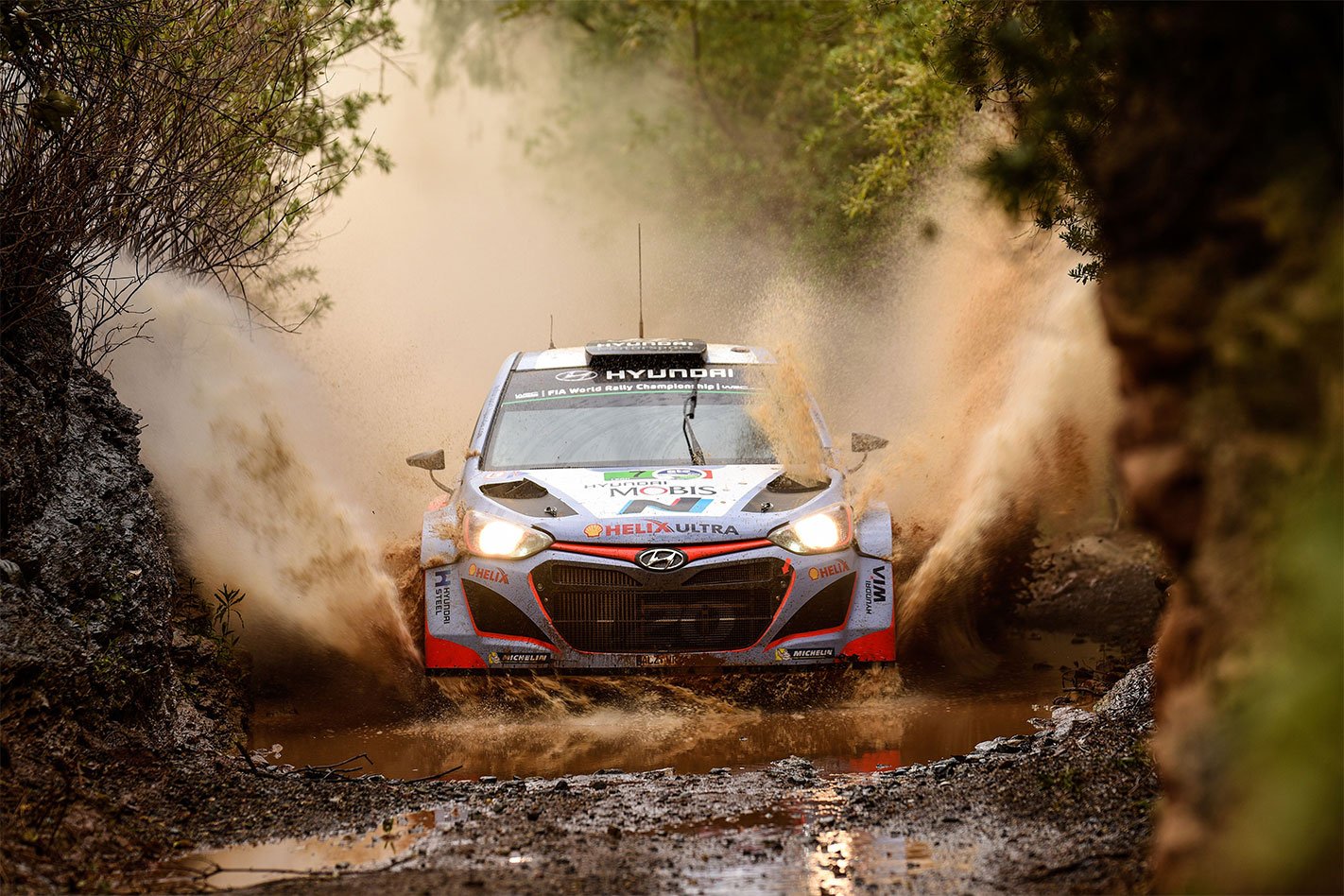
In today’s WRC, commitment is key, with drivers carrying as much speed as possible through the corners to gain time.
Having less power means that drivers are punished more harshly against the clock for a mistake, but it also requires a very neat, precise driving style, and who goes to a rally to watch that?
Part of the reason the two Sebastiens (Loeb and Ogier) have been so dominant over the last decade is that their tidy driving styles, honed on French tarmac, are rewarded far more in this generation of car than the traditional flamboyance of the Finns or someone like Colin McRae.
With more grunt, the cars will slide more, rev harder and sound better, all good things, however the proposed chassis changes promise to undo all that.
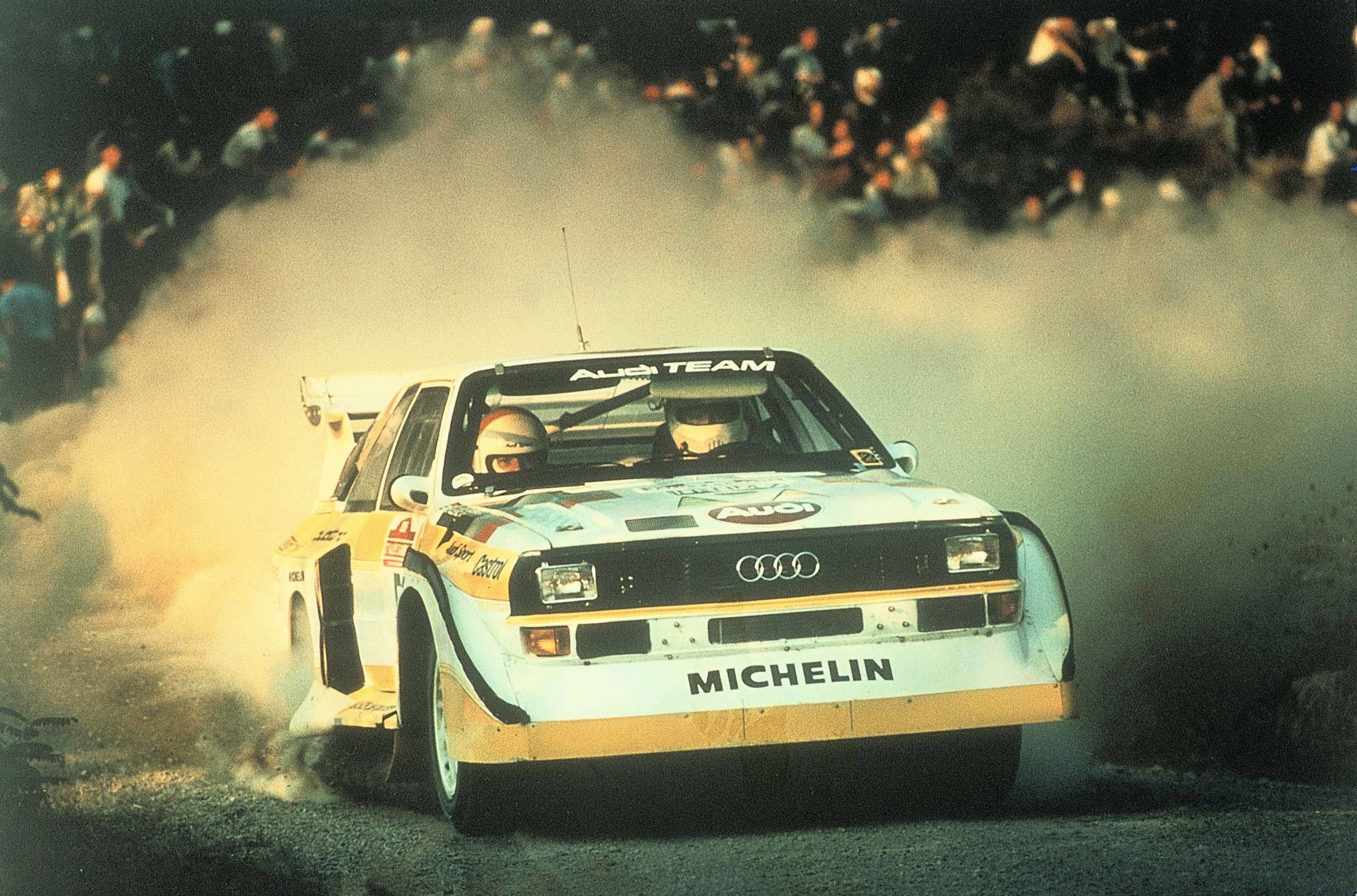
Wider tracks and larger wings will increase grip and downforce, but for rally spectators it’s the spectacle rather than the speed that matters – today’s World Rally Cars are so much faster than the Group B machinery of the ’80s that there is no comparison, but which era is remembered more fondly?
It’s inevitable that drivers and engineers will always want more speed, but it’s possible, even likely, the greater aero and reintroduction of electronic diffs will result in an increase in costs the sport can literally ill afford.
Citroen is currently undecided whether to continue its WRC program beyond next year, and since losing Ford backing M-Sport has been living hand-to-mouth.
The FIA should be applauded for proactively taking steps to improve world rallying, as it’s a sport that has languished in the doldrums for far too long, but any changes must take the sport forward, rather than simply repeating past mistakes.
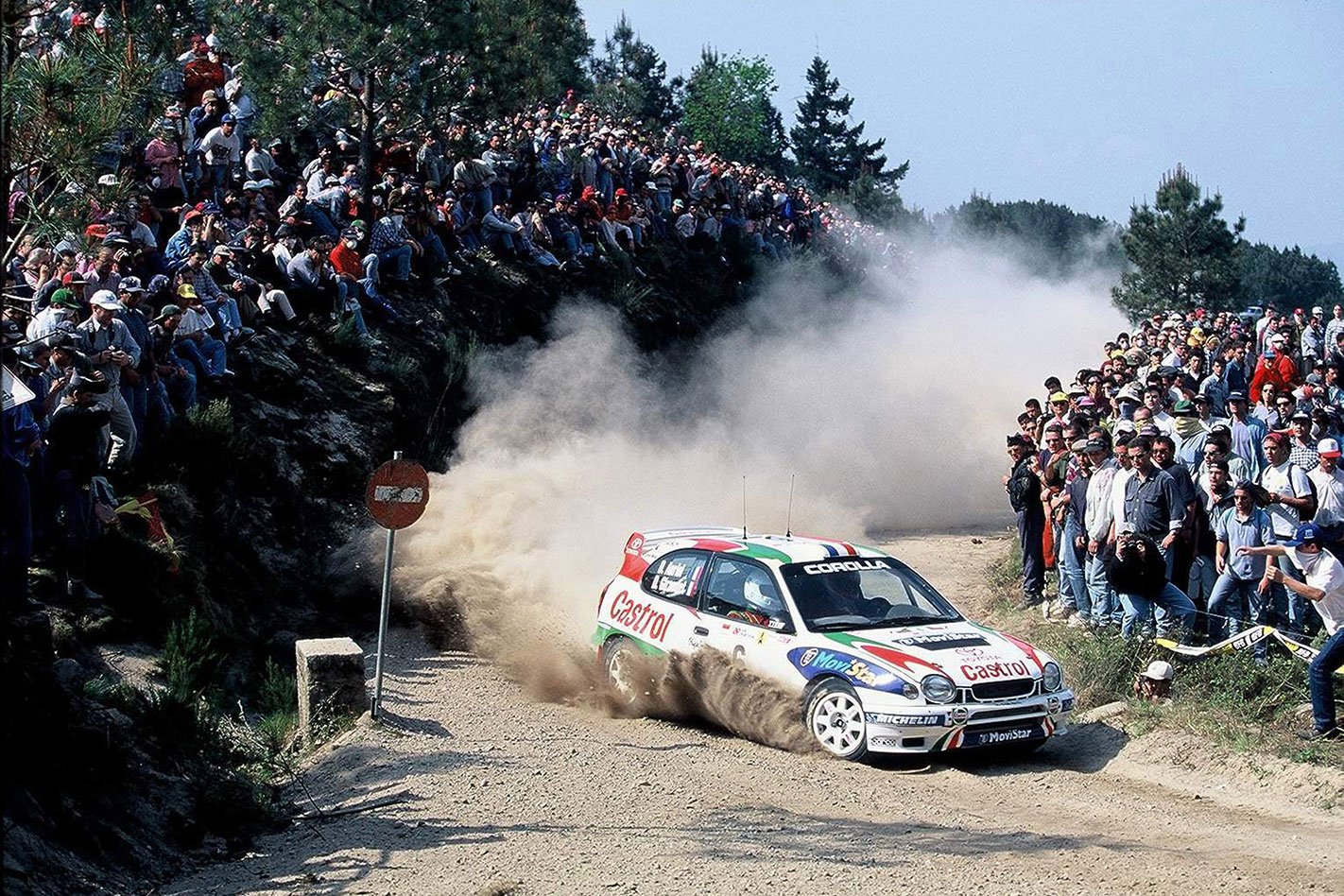
Still, it’s all too easy to point out the problems, but what about providing a solution?
For mine, the future of the WRC has been staring it in the face for the last year or two thanks to the introduction of the ‘R5’ category currently being used in the WRC2 support series.
While extremely similar in configuration to a World Rally Car – 1.6-litre turbo all-wheel drive hatches – R5 cars contain a lot more production-spec componentry.
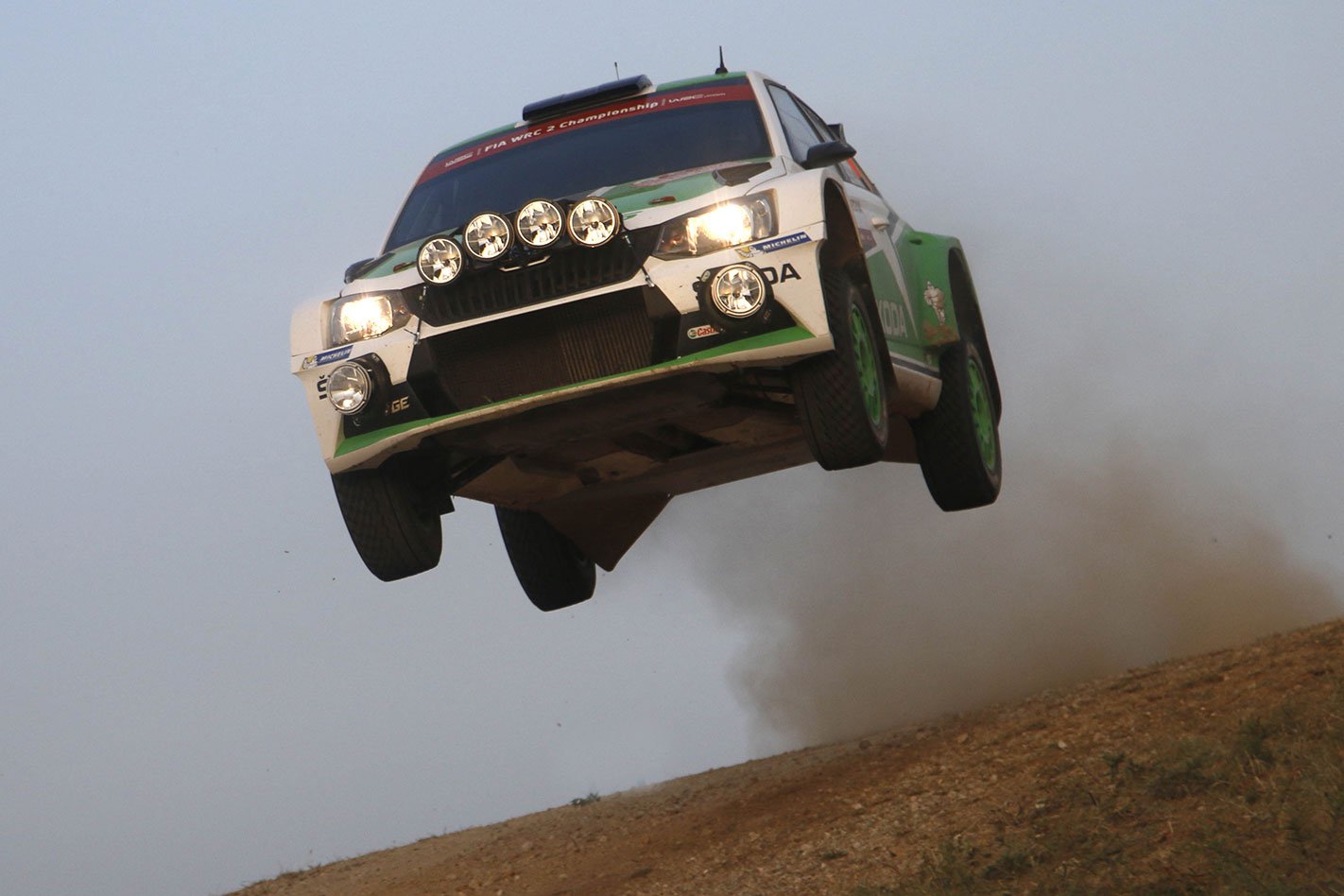
Pull the engine restrictor out, perhaps allow the use of the WRC-spec paddle-shift gearboxes, and that speed differential disappears. All of a sudden World Rally Cars are more powerful and just as fast over a stage yet cost far less.
Furthermore, it instantly increases manufacturer involvement, with Citroen, Ford, Peugeot and Skoda all currently fielding R5 cars, with offerings from Hyundai and Opel in development.
Combine that with the return of Toyota in 2017 and there is the potential for there to be six or seven top-tier manufacturer teams, which means more seats for talented drivers and greater competition.
Rallying is one of the most exciting motorsports on earth, but has suffered from poor promotion and limited manufacturer involvement for most of the 21st century. Let’s hope that whichever path is chosen, it manages to recapture some of the sport’s past glory.


